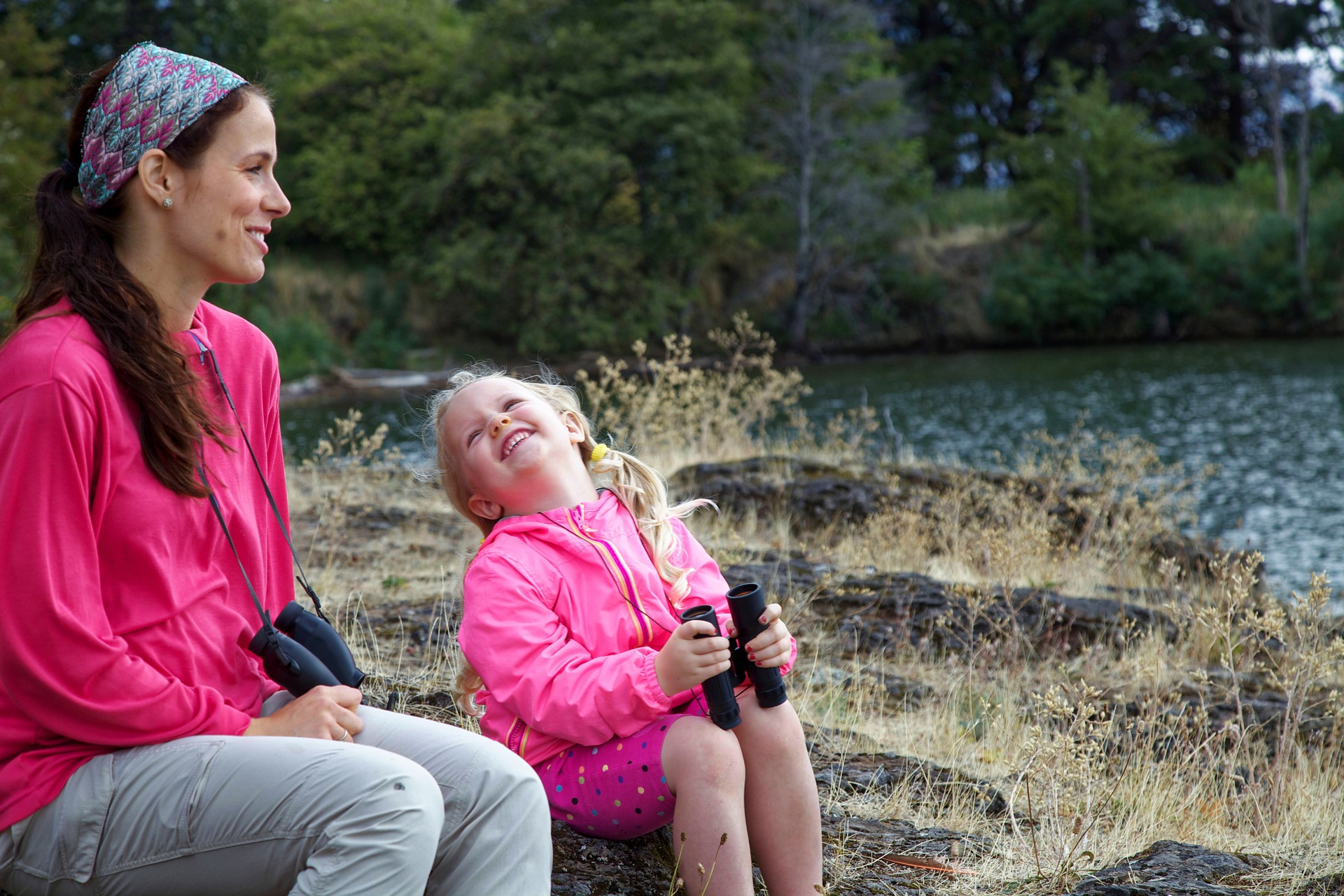Using Intention to Bond with Your Children
- Home / Morning Musings /
- Using Intention to Bond with Your Children
Using Intention to Bond with Your Children
Last weekend, we had the distinct pleasure of interviewing Dr. Sara Langworthy (@DrLangworthy), a developmental psychologist living in Minnesota. Like us, Dr. Sara devotes much of her time to translational research. As the name implies, translational researchers seek to explain complex research studies in terms that layman (mainly parents and teachers) can understand and apply. One of Dr. Sara’s areas of expertise is the effect of early trauma and early deprivation on the developing brain (check out her website and YouTube channel). During today’s interview, she explained in clear and simple terms the many positive effects of staying close to our children, “getting down on the floor with them” as she put it.
What she was talking about was that parents need to be WITH their children. When they are young we need to be with them on the floor (as she put it), patiently helping them learn new things. When they’re older, we are WITH them in different ways, providing them with opportunities to become confident, resourceful, and resilient adults. She also implied, though she never stated it, that we should ENJOY our children. They should not be an impediment, they should not be a nuisance. They should be the sunshine in our lives for the few short years that we have them.
The day after our interview with Dr. Sara, I discover an article by Erin Leyba under the heading Joyful Parenting, the title is “3 Mindfulness Tools Parents Can Use Bond with Children.” Bonding, that’s what Dr. Sara was talking about. I had to read on.
The article begins by explaining that bonding with our children is an intentional act. It doesn’t just happen. We must intend for it to happen. And then she gives us three ways to make it happen.
- Set Ritual Intentions. Rituals are the things we do with our kids that they enjoy. One of my favorites is “Every time my child walks down from the room in the morning, I will give her a hug and say ‘I love you so much.'” The other one I liked is ‘I will take my child to play outside for 20 minutes when she/he gets from childcare or school.’ We will always have other things to do, so we need to set ritual intentions so that the other things don’t crowd out our children time.
- Set Implementation Intentions. Remember that saying “When life gives you lemons, make lemonade?” Well this is the parenting analogy of that. Implementation intentions anticipate the bad times so that we can turn them into good things. For example, “when my child skips his nap, I will take us both on a walk and not let it ruin my day.” Think about your day. Where are the “hot spots?” And when things get bad what can we do instead?
- Use Visualization. Let the best possible scenario play out in your mind’s eye. This is what athletes do, they visualize the best case scenario. As a Floridian, I especially liked this one from the article, “Before a family beach vacation, a mom visualized herself walking on the beach with her daughter, playing in the waves with her kids, taking pictures of the sunset with her son, and snuggling and reading books to her 2 year old in the morning before the rest of the family woke up.”
Each of these is easy and, yet, they accomplish so much. Many parents think about things AFTER they happen, wishing they would have reacted differently or they had had a better plan. What intention allows is for us to think about things BEFORE they occur so that we are prepared to act and react in the best possible way.
Dr. Marshall administrator
Richard Marshall earned an Ed.D. in reading and learning disabilities at West Virginia University in 1982. While completing his doctoral studies he served as an educational specialist in the Pediatric Neurology. Upon completion of his degree he became an Assistant Professor of Pediatrics at the WVU Medical School. After moving to Florida in 1983, he joined the faculty in the Department of Pediatrics in the College of Medicine at the University of South Florida and worked for five years in the Neonatal Developmental Follow-Up Program. In 1993, he completed a Ph.D. in School Psychology at the University of Georgia with an emphasis in Child and Adolescent Neuropsychology. Upon degree completion, he taught courses in the biological bases of behavior and neuropsychology at the University of Texas in Austin. He also served as developmental psychologist at the Children’s Hospital of Austin. He and his family returned to Florida in 2001 and he once more became a faculty member at the University of South Florida. He is presently an Associate Professor in the College of Education and he is an adjunct associate professor in the Department of Psychiatry and Behavioral Neurosciences at the USF College of Medicine. In 2008, Dr. Marshall co-authored the Pediatric Behavior Rating Scale; in 2011, he co-authored The Middle School Mind: Growing Pains in Early Adolescent Brains (2011) and is currently revising the Handbook for Raising an Emotionally Healthy Child (2012). In addition to writing and a busy schedule of workshops and presentations, Dr. Marshall also maintains a private practice in Lakeland, Florida where he specializes in the assessment and treatment of children and adults with emotional, behavioral, and learning disorders; parenting; family therapy; and couples counseling. As part of that practice he maintains a daily blog and he co-hosts The Mental Breakdown Podcast (iTunes, Google Play Music, and YouTube) and the Psychreg Podcast. He has spoken to professional and community groups throughout the United States, Canada, Europe, and South America.

About the author